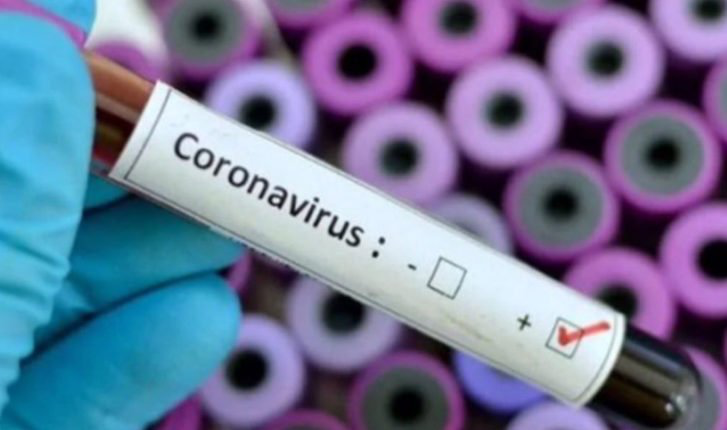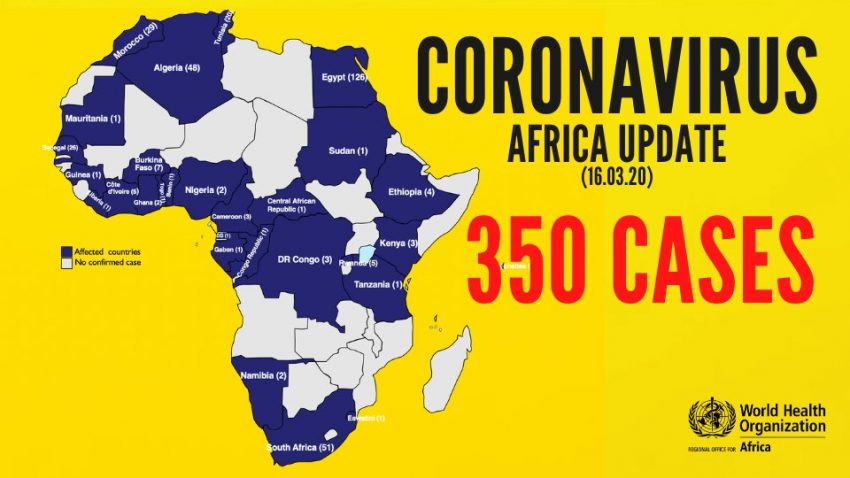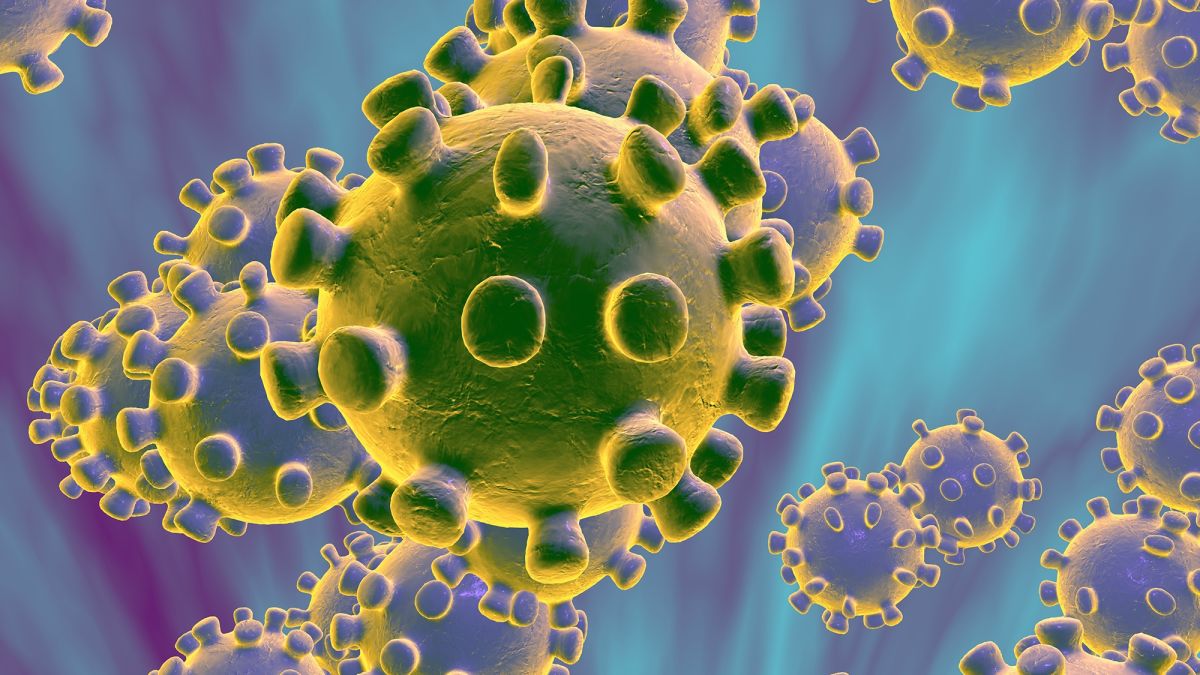The World Health Organisation (WHO) Regional office for Africa in Brazzaville, Congo says access to water for all is critical to fighting the Coronavirus (COVID-19).
The UN health agency said this in its regional official twitter account @WHOAFRO.
According to WHO, 395 million people in Africa region did not have access to basic drinking water services in 2017 while 704 million did not access to basic sanitation services.
“This gap must be urgently addressed.
“Access to safe drinking water, toilets and hand-washing facilities in health facilities must be scaled-up to fight COVID19, particularly in remote areas.
“Urgent government commitment, investment and resources are urgently needed to improve access to vital services.’’
Meanwhile, the UN agency said the Minister of Health of Mozambique had just confirmed the first case of COVID-19 in the country.
“This is the 3rd lusophone country affected by the virus in Africa.
“WHO and health partners have been already implementing prevention measures to avoid the spread of the virus.’’
In addition, it said the government of Kenya had just confirmed eight more cases of COVID19, bringing the total number of cases in the country to 15.
“WHO experts have supported the training of hospitals in Nairobi to handle cases safely and control the spread of the virus.’’
As of Saturday, more than half the nations on the continent — 36 of the 54 countries — had reported cases.
The virus, which causes the disease known as COVID-19, emerged in Wuhan, China last December.
It has spread to at least 169 countries and regions, according to data compiled by the U.S.-based Johns Hopkins University.
Out of almost 312,000 confirmed cases, the death toll now exceeds 13,400, while nearly 94,000 have recovered.
Italy, China, Iran, and Spain continue to be the most affected countries.


